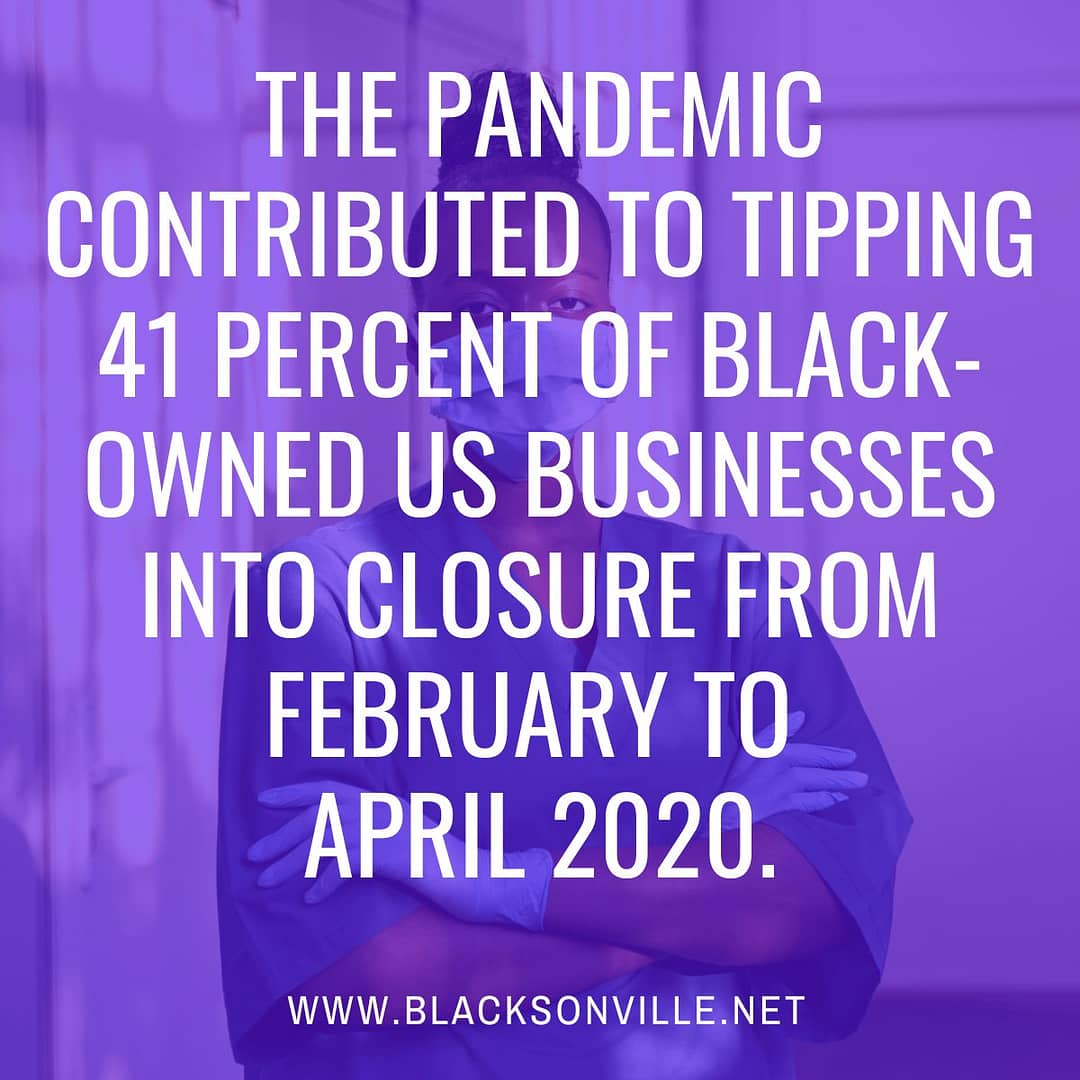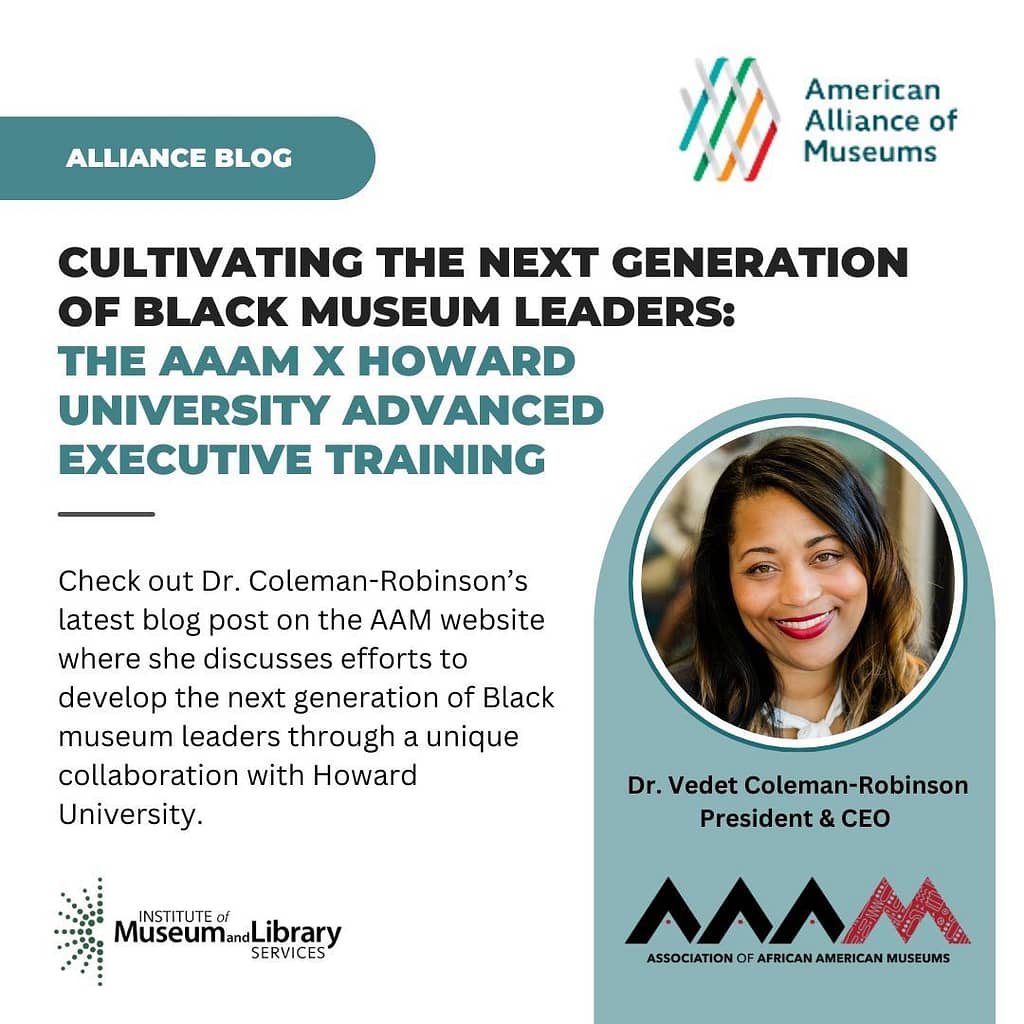
When we first set out to start a business, I had no idea of the tremendous red tape a concerned citizen has to go through to create social change in the community. Now ten years later, with enough hours of experience to teach the Next Generation “Gen Z” for five years over, we have the keys to the city. You see, at Blacksonville, after twenty-two years we never gave up on our dream disrupting the digital divide. A few years ago we rolled out a ten point plan to revitalize broadband infrastructure in neglected historical black communities like DurkeeVille/Sugar Hill, Oakland, and Lavilla in Jacksonville, Florida. With a solid vision and strategic plan to boost broadband infrastructure, we’ve developed next generation platforms for Futurists leading the global landscape of digital entrepreneurship.
Building supportive ecosystems for Black-owned US businesses
To date, more than a dozen firms and organizations have joined the Startup America Partnership. They include the following commitments:
- Increased corporate investment and support for startups from companies such as Intel, HP, IBM, Facebook, and others, including:
- Intel Capital will commit $200M of new investment in U.S. companies. Senior Intel leadership will also serve the Startup America Partnership and share best practices from years of successful programs designed to support Intel portfolio companies.
- IBM will invest $150 million in 2011 to fund programs that promote entrepreneurs and new business opportunities in the United States.
- HP is investing more than $4 million in 2011 in the HP Learning Initiative for Entrepreneurs (HP LIFE), a global program launched in 2007 that uses educational and technology outreach aimed at helping entrepreneurs and small business owners create and grow commercial opportunities.
- As part of Facebook‘s ongoing commitment to encourage entrepreneurs, the company will launch Startup Days, a new series of 12 to 15 events around the country designed to provide entrepreneurs with access to expertise, resources and engineers to help accelerate their businesses,
- To foster entrepreneurship through higher education, as part of its overall $50 million commitment to entrepreneurship, The Blackstone Charitable Foundation has announced a $5 million expansion of the Blackstone LaunchPad program piloted at two Detroit colleges. Based on a model created by the University of Miami, LaunchPad will be replicated over the next five years in five other distressed regions around the country.
- The Network for Teaching Entrepreneurship (NFTE), a nonprofit that provides entrepreneurship education for at-risk high school students from low-income communities, is launching new programs supporting young entrepreneurs and their teachers. Ernst & Young LLP will honor NFTE youth entrepreneurs at regional Ernst & Young Entrepreneur Of The Year Award® galas across the country, bringing important attention to the next generation of young entrepreneurs. The Pearson Foundation is working with NFTE to build its Digital Teacher Network, a free online community for teacher collaboration and training that will be used not only by NFTE’s 5,000 certified teachers but also by any educator interested in entrepreneurship. Google is sponsoring two new efforts in NFTE’s Bay Area programs: The Flat Classroom Exchange will allow local educators to team-teach the NFTE program in real time and leverage each teacher’s individual expertise, while the Makers Class project will integrate NFTE’s curriculum with invention and engineering lessons. New Markets Education Partners is providing NFTE with seed capital to launch in 2011 an interactive, online business planning course and social network connecting mentors, teachers and students.
The Startup America Partnership will continue to marshal private-sector resources to spur entrepreneurship in the U.S. with a focus on three key areas:
- Acceleration and Scale: Replicate successful community-based entrepreneurship accelerator programs; encourage increase in experienced mentors to support startups and encourage partnerships with large companies to serve as customers or funders of current firms.
- Education: Identify resources to help expand high-impact entrepreneurship education throughout the country
- Commercialization: Increase the number of colleges and universities committed to commercialization outcomes, through efforts that include clearing the path to market for primary research, supporting the extension of successful accelerator programs, and spurring regional ecosystem development, faculty engagement, and streamlined technology licensing.
For more information about the Startup America Partnership and to see a full list of partner commitments, visit www.startupamericapartnership.org and follow the Partnership ontwitter.com/startupamerica and www.facebook.com/startupamerica.



